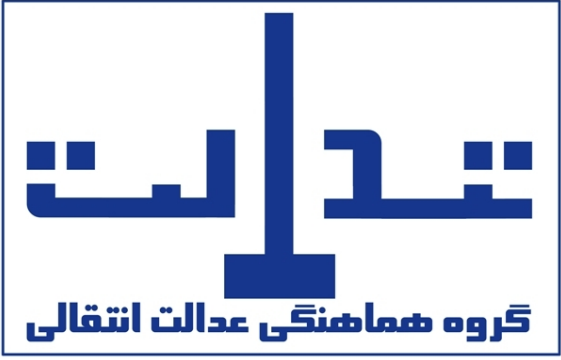In connection with the registration of war victims’ complaints with the International Criminal Court to address war crimes and crimes against humanity committed in Afghanistan since May 2003.
Kabul, February 20, 2018- around 794 representations/complaints representing about 1.17 million war victims, namely victims of war crimes and crimes against humanity, is submitted to the International Criminal Court (ICC) by Afghan war victims and their representatives till January 31, 2018. For the first ever in the entire history of the country, hopes and aspiration of the Afghan victims for justice who have suffered crimes within the jurisdiction of the ICC will get ever more close to realisation.
In the meantime, the unbroken cycle of impunity, under which all Afghan conflict parties have viewed war as an unregulated and un-governed enterprise, will be seriously challenged, if not broken. The launch of investigation- if granted permission by the Pre-Trail Chamber of the ICC- will communicate to the historically unrestrained Afghan conflict actors that like all other businesses, there are established international rules and regulations that govern the conduct of hostilities, the breach of which will earn the individual conflict actors’ international prosecution and trial. This will be a significant victory for justice in Afghanistan.
The submission of 794 representations/complaints representing about 1.17 million war victims is indeed a strong indication of Afghan people and in particular war victims’ demand for justice, their dissatisfaction with the Afghanistan justice system and their frustration with the entrenched culture of impunity in the country.
If Afghanistan to ultimately reach and enjoy a sustainable peace, it is essential for the future of the country to uphold and support victims and justice-centered approaches not only perpetrators and peace-centered approach and mechanism. It is therefore, the TJCG believes, attending to the legitimate demand of war victims for justice and redress is a key building- block to sustainable peace and democratic Afghanistan.
Recognizing the importance of the ICC intervention in the situation of Afghanistan and the need and demand of Afghan war victims for justice and redress, the Transitional Justice Coordination Group recommends the followings:
To International Criminal Court:
- The ICC Pre-Trial Chambers should welcome the Afghan war victims’ demand for justice and authorize the ICC Prosecutor to open a formal investigation into the situation of Afghanistan.
- Throughout the representation phase, the ICC did not actively engage in public awareness-raising campaign to allow more victims to understand the process and submit their representations. Such shortcoming must be addressed in the next phases of the ICC intervention process.
- The ICC should systematically consult and coordinate with human rights groups in Afghanistan regarding every stage of its intervention process included but not limited to awareness-raising, outreach to war victims and investigation. This systematic contact and coordination allows the human rights group to better support the ICC work in Afghanistan.
To the Government of Afghanistan:
- Submission of a significant number of complaints to the ICC signifies the Afghan citizens’ demand for justice and rule of law. The government should respect the war victims demand by repealing Reconciliation, General Amnesty and Stability Law, 2008, and facilitating war victims access to the ICC.
- The Afghan government should facilitate the ground and provide the necessary support to the ICC to properly investigate crimes against humanity and war crimes occurred after May 2003 in the country.
To Civil Society Organizations, Media and Political Parties.
- Civil society and human rights organizations and media should actively engage in public awareness-raising campaign to inform the public on the ICC activities and work progress in Afghanistan.
- Media, civil society and human rights organizations, political parties and war victims should actively advocate for a justice-centered approach in Afghanistan through pressuring the Afghan government to cooperate with the ICC to intervene in the situation of Afghanistan.
Transitional Justice and Coordination Group
February 20, 2018
Kabul, Afghanistan


